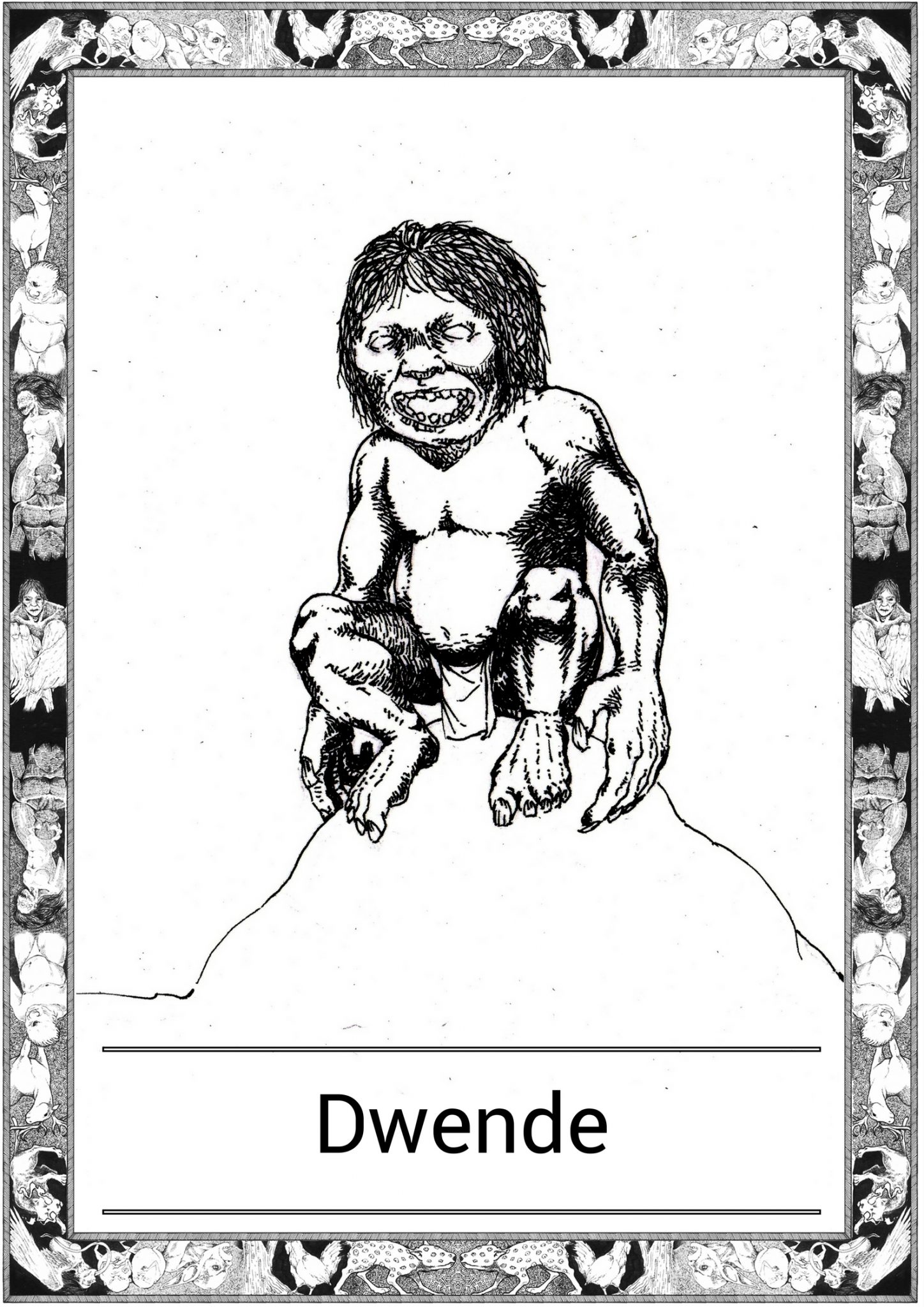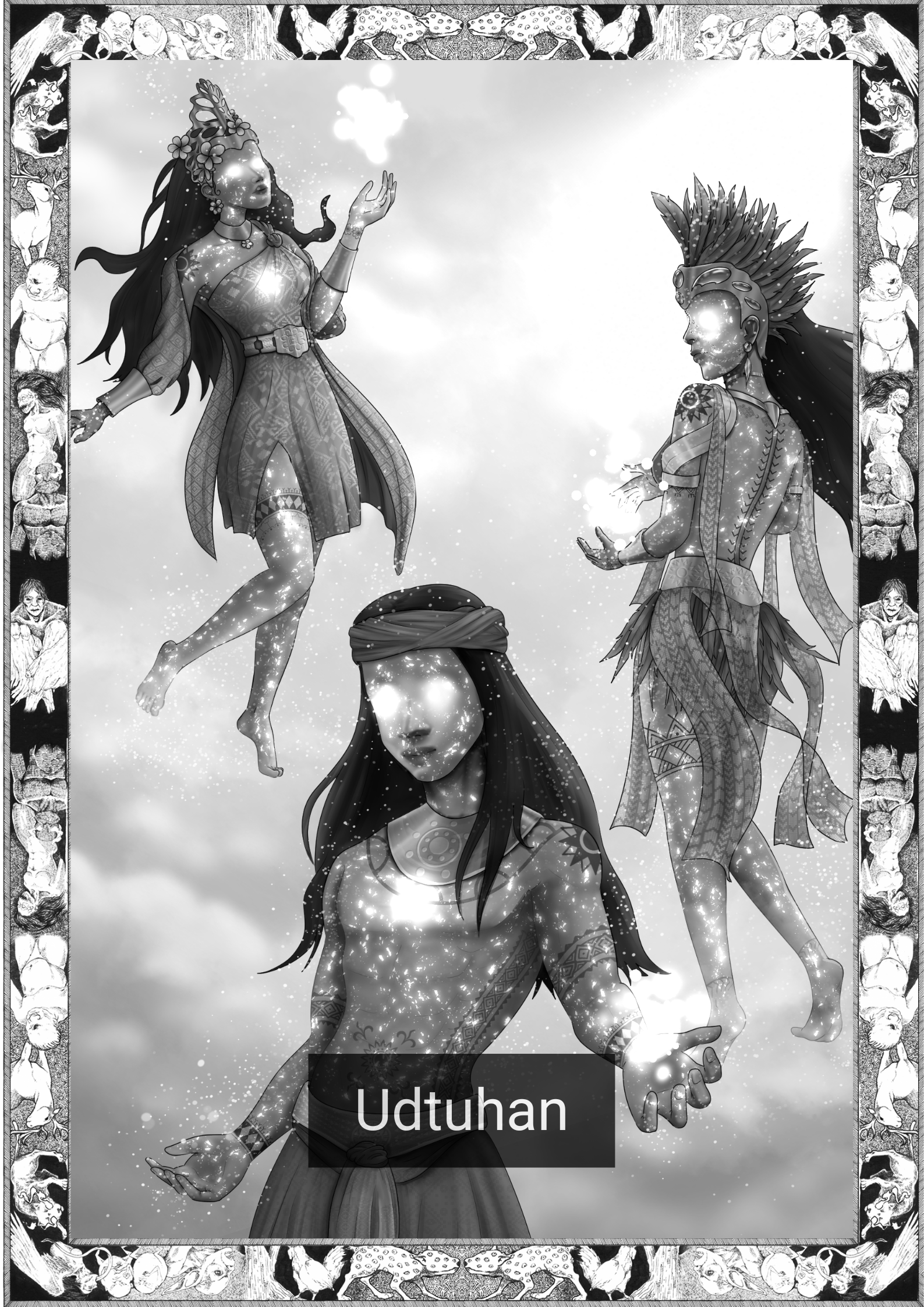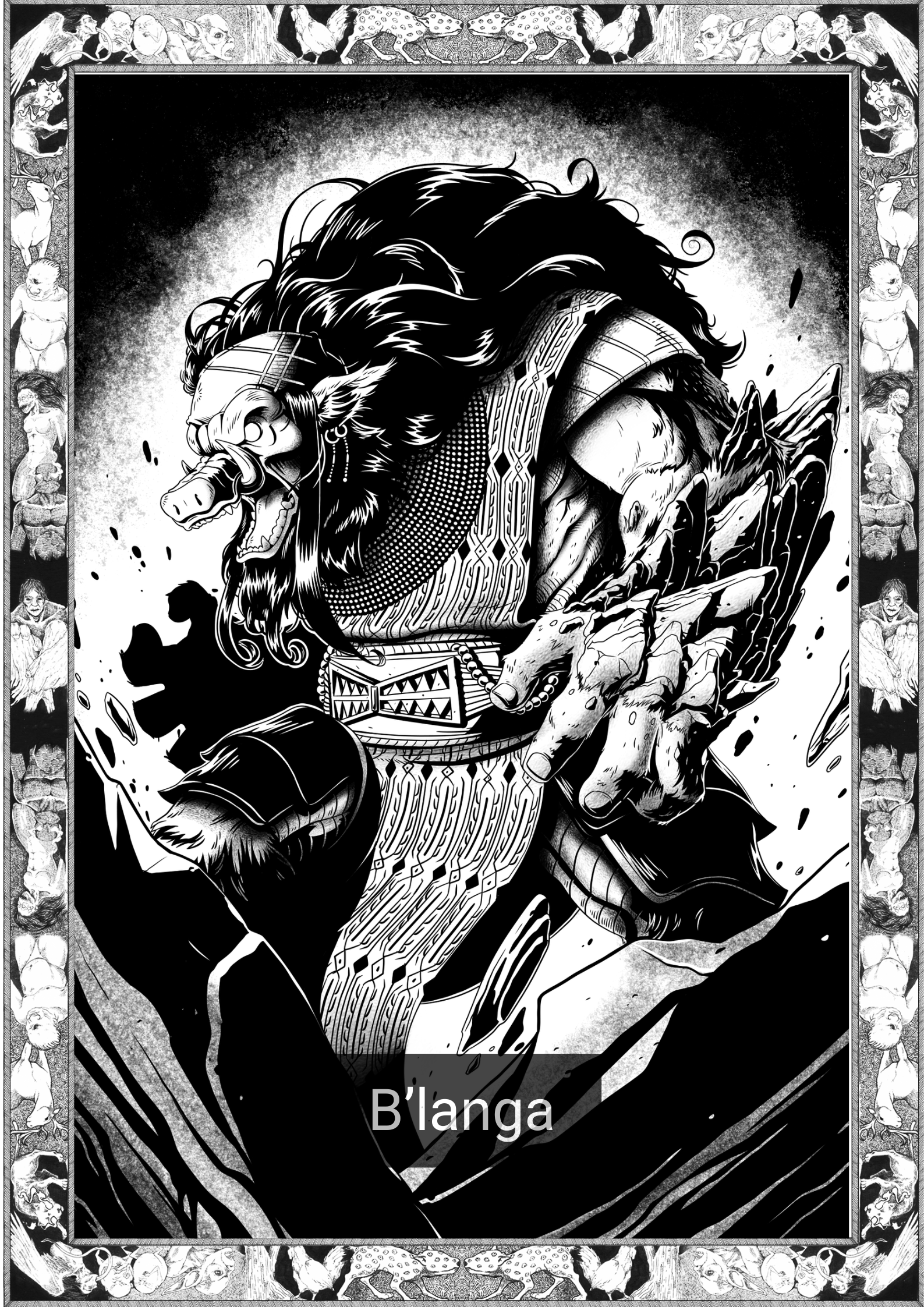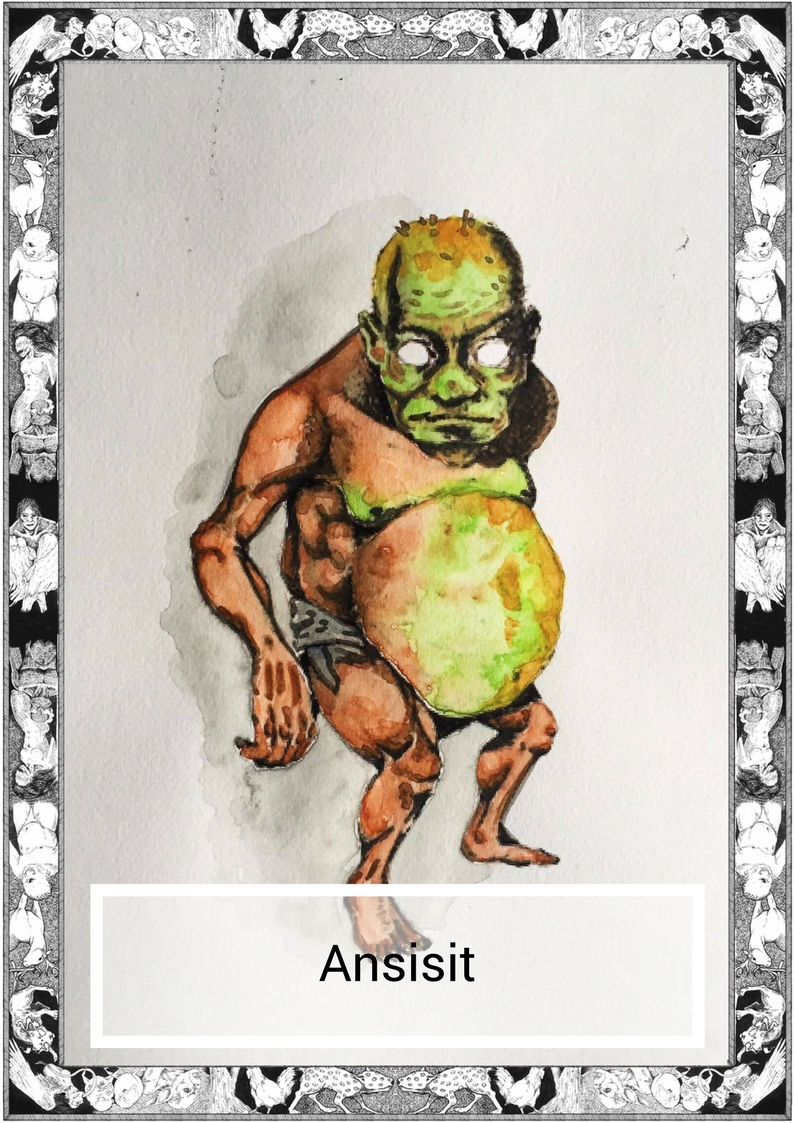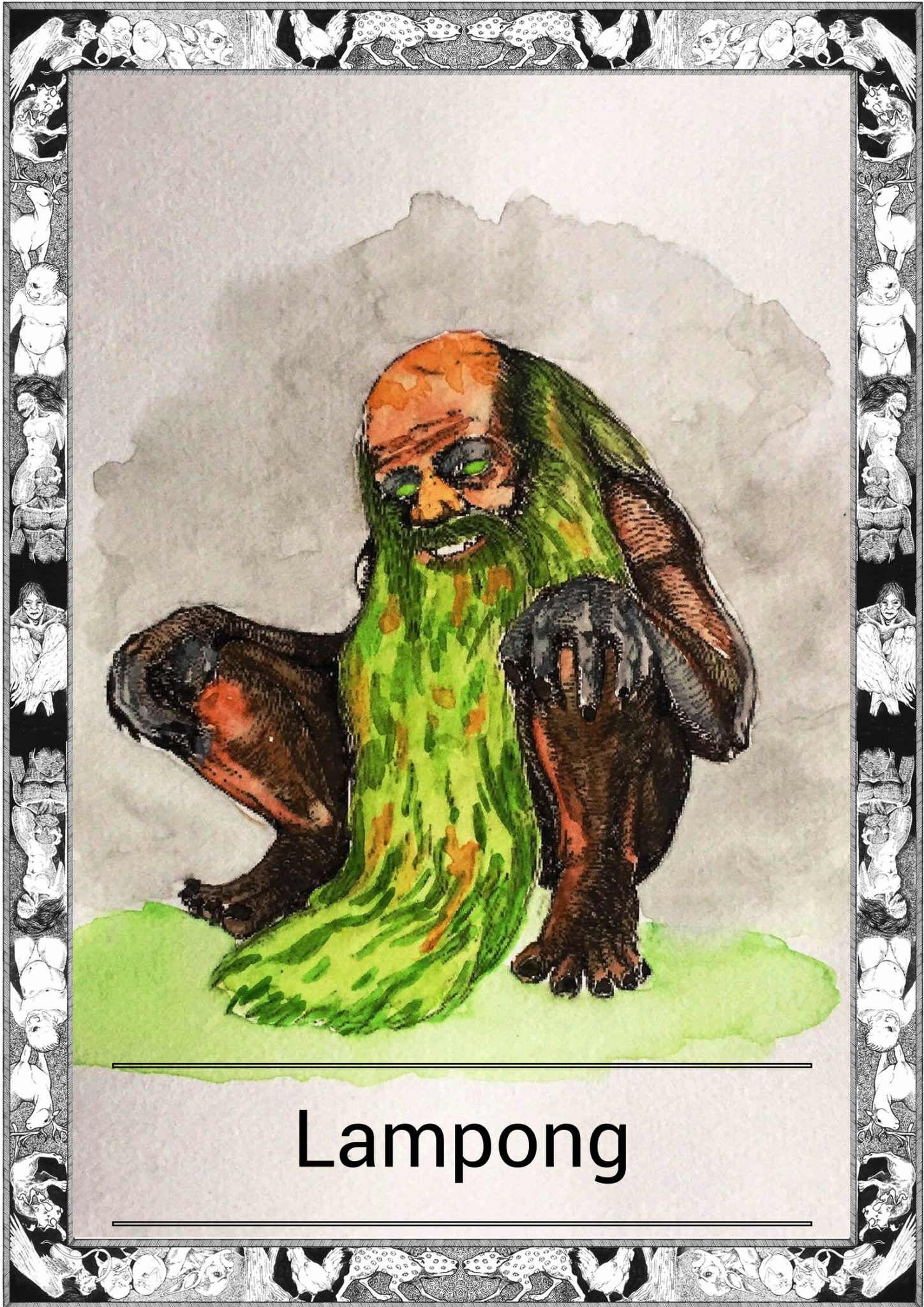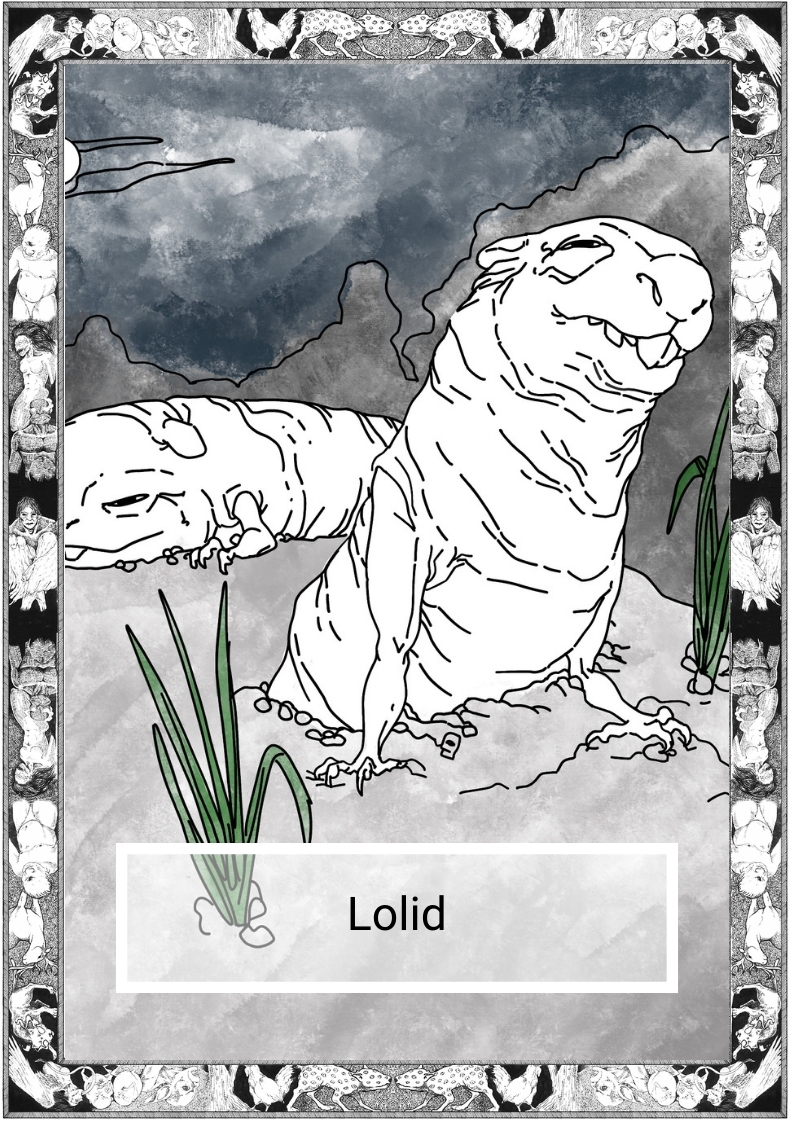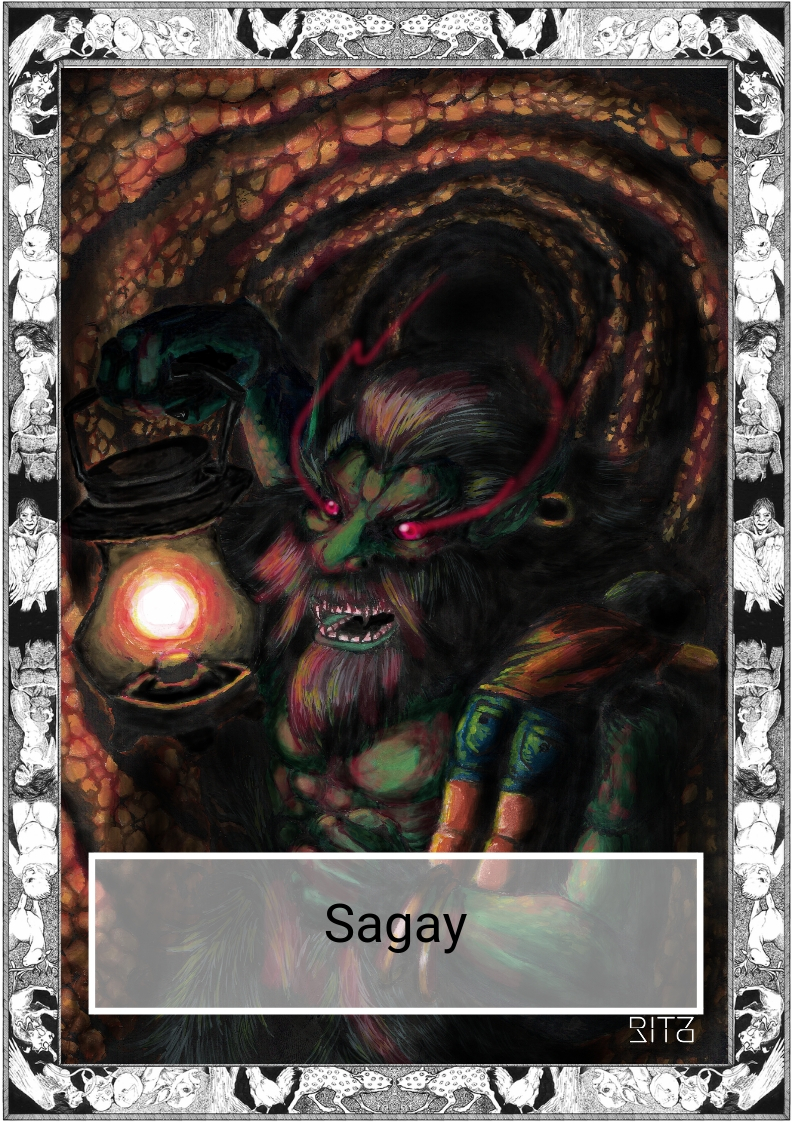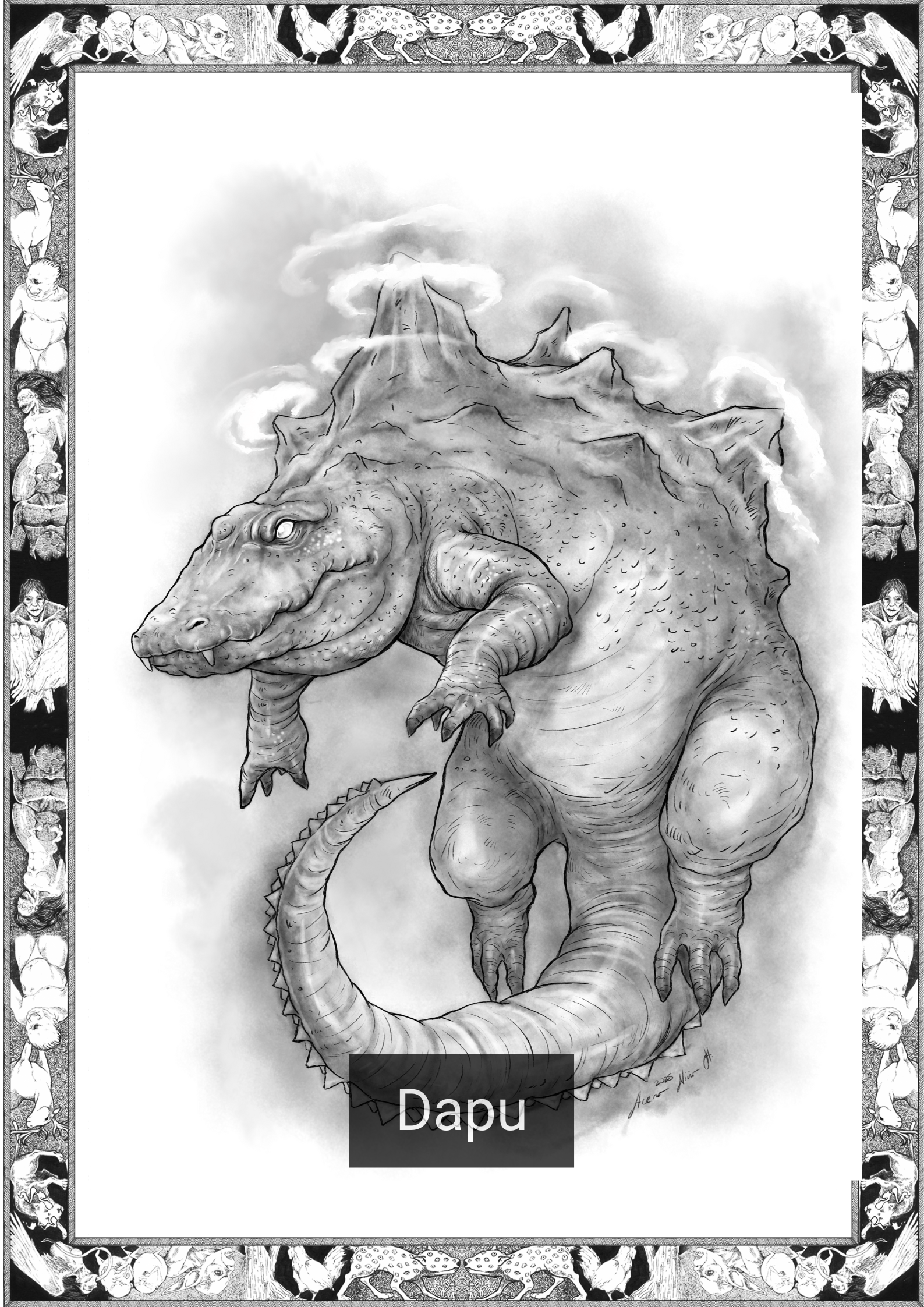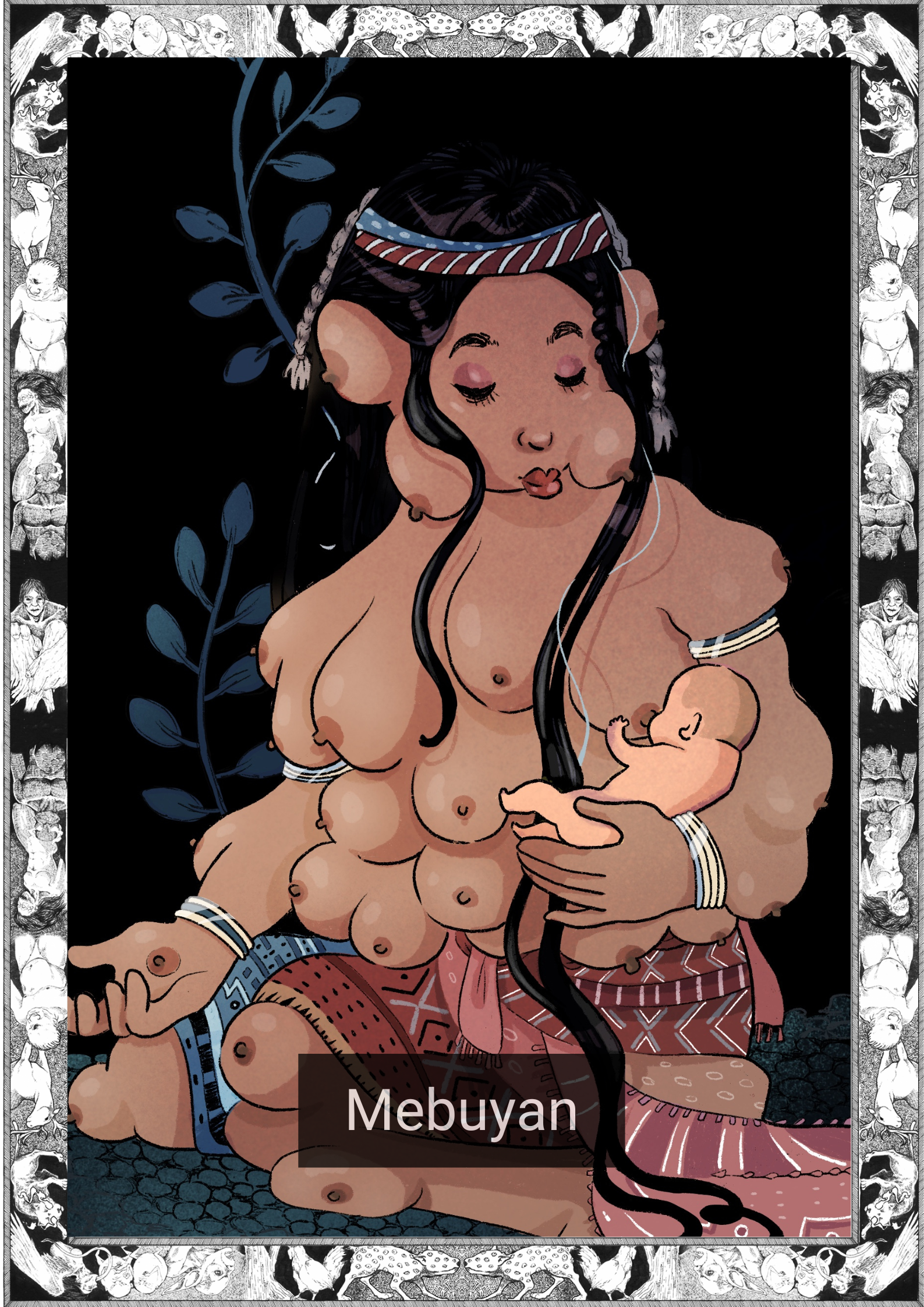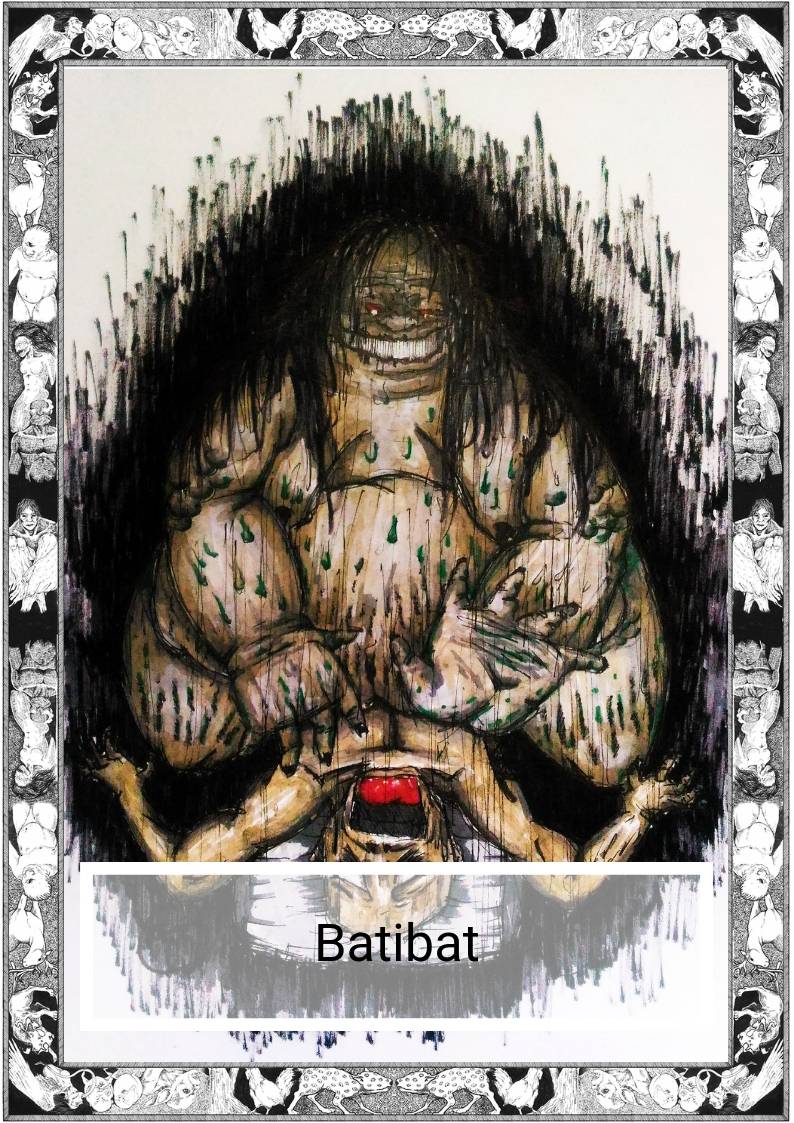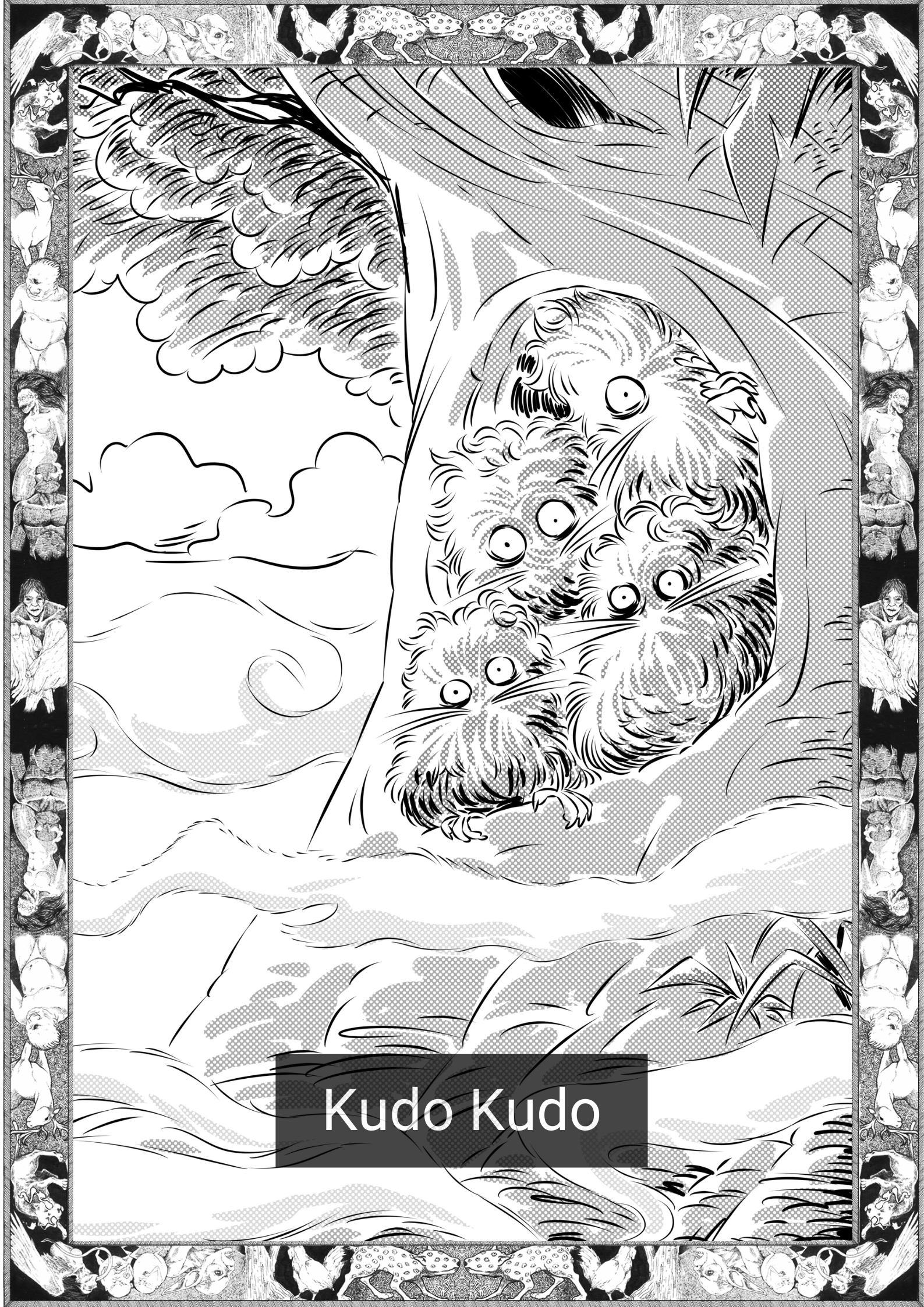
*Note this story is in Hiligaynon
Sang una nga panahon, may isa ka bata nga lalaki nga indi kabalo mag pahimunong. Kadungol sa iya nga bata. Permi ya ginaubra nga suli sang ginahambal sang iya ginlikanan kag adlaw adlaw ang bata nga lalaki permi makahimu sang bag o nga pamaagi nga makahatag sang sakit ang ulo sa ila pamilya.
Pero ang iya mga manghod gatulok sa iya sang mataas. Abi nila ang ila magulang ang pinaka-maisug kag pinaka-maalam nga bata sa bilog nga kalibutan.
Isa ka adlaw, ang bata gindala ang iya mga manghud para maglagaw sa kagubatan, kung diin nagsulod sila sa kweba. “Tabi tabi po” hambal sang mga manghod. Gintudlu an sila sang ila nga ginlikanan nga permi guid maghatag sang respeto.
Nagkadlaw ang magulang. “Anu ginahimu nyu?” pamangkut ya sa iya mga manghud. “Gahatag kami sang respeto sa gamay nga tawo sa sini nga kweba,” ila pag hambal.
“Wai sang amu sina,” hambal sang magulang nga pag sudlong kay abi ya ina isa ka bata-bata nga pati-pati. “Kita nyo? Wala awo sa sini nga kweba. Tama na na ang pagka bata bata nyu kag magpati sang kamatu oran sa tuod tuod nga kalibutan.” “Pero manong, basi matapakan ta sila!” hambal sang iya mga manghud.
Nagtapak tapak ang magulang sang iya mga tiil sa sulod sang kweba nga daw wala lang. Ginatulok lang sya sang iya mga manghud nga may kahadlok samtang ang ila magulang indi magpati sa mga ispirito.
Pakatapos sang pila ka minuto, wala may natabo. “Kita nyu? Hambal ko guid sa inyu. Tistingi nyu bala.”
Ginakumbinsi sang magulang nga unbrahun sang iya mga manghud ang iya gin ubra, ginsunod siya pero isa lang ang wala nag pati. “Manong, mga utod, pinsar ko indi guid ni manami nga ideya,” hambal sang isa.
Indi sya mabati an sang iya mga utod tungod sang mga paglampos nga ila ginaubra.
Pagligad sang oras ang mga bata gahampang gyapun sa sulod sang kweba, maliban sang isa. Nag desisyun na sila nga magpuli kay manug panyapon na.
Isa ka tingog ang naghambal sang “Tabi tabi po” bag o mag puli.
Samtang papuli na ang mga bata, may nadagdag nga sanga sang kahoy kag naigo ang isa sa mga bata sa ulo. Nagsala ang magulang kay kabalo sya nga sya ang responsable sa iya mga manghod.
“Dali, isa sa inyu maglakat kag mangayu bulig!” Sugo ya sa iya mga utod.
Nagdalagan ang iya mga utod sa pag pati sa iya, natumba sila, nalaguban kag napilasan. Naghililibi sila.
“Tama na nga hibi!” Pagsingit sang magulang. Ang iya tingog naglapta sa gubat kag nabati an ini sang baboy ramo. Gintulok sang baboy ramo ang mga bata kag gin-nguruban ya ini.
Kay nabal an sang magulang nga kilanlan ya protektahan iya mga manghud, gin testingan ya ang baboy ramo nga lagson sa pero wala may natabo. Nagtindog lang ang baboy sa atubang sang mga bata.
Kag sa isa ka ti on, ginpalapitan sang isa ka bata ang baboy ramo.
“Pansensya nga gintapakan ta ka”, iya pag hambal. “Tane mapatawad mo kami.”
Nag pusnga lang ang baboy. Sang ina nga iton, nakita sang mag-ulutod nga wala ang ila pilas nag ayu lang gulpi.
Nag sinadya ang mga bata kag ginpamangkot nila ila utod kung anu ang natabo.
“Ang ginhimu ko lang ihatang ang gaka-angay nga respeto”, iya paghambal.
Ma-ayo na sila sang may napamangkot ang isa nila ka utod sang isa ka innocente nga palamangkotun.
“Nakita nyu si manong?”
English Version
Once upon a time there was a little boy that didn’t know how to behave. He was a most troublesome child. He would always do the opposite of what his parents would tell him and every day the boy would find a new way to give headaches to his family.
His younger brothers idolized him though. They thought that their kuya was the bravest and most clever boy in the world.
One day, the boy took his little brothers out for a stroll in the woods, where they came upon a cave. “Tabi tabi po” said the younger brothers. They had been taught well by their parents and always sought to give respect where it was due.
The older brother laughed. “What are you doing?” he asked his little brothers. “We are giving respect to the small man in the cave,” they replied.
“There is no such thing,” the older brother scoffed at what he thought was a childish superstition. “See? No one is in the cave. You should stop being such babies and learn the truth about the real world.”
“But kuya, we might accidentally step on them!” The younger brothers protested.
The older brother stamped his feet around the cave without care. The younger brothers stared in horror as their kuya willfully defied the spirits.
After a few minutes, nothing happened. “See? I told you so. You all should try this.”
The older brother tried to make his younger siblings repeat what he did, until all but one relented. “Kuya, brothers, I really don’t think that this is a good idea,” he said.
His brothers couldn’t hear him over all the stomping they were doing.
Hours passed and the children were all playing in the cave, save one. They decided to go home for it was
almost dinnertime.
One voice said a final “Tabi tabi po” before leaving.
As the children were making their way back home, a tree branch fell and hit one of the children in the head. The older brother was panicking for he knew he was going to be held responsible for his sibling.
“Hurry, one of you go and get help!” he ordered his brothers.
As the children rushed to follow the command, they tripped over one another causing bruises and scrapes. They started crying.
“Stop crying!” The older brother shouted. His voice echoed through the woods and attracted a wild boar.
The boar stared at the children and gave out a large grunt.
The older brother, knowing that he had to protect his siblings tried to get the boar to chase him, but to no avail. The beast just stood looming in front of the children.
Finally, one of the brothers approached the beast.
“I’m sorry that we stepped on you,” he said. “I hope you will forgive us.”
The boar grunted in reply. At that moment the other brothers realized that their wounds were suddenly healed.
The children rejoice and asked their brother what happened.
“All I did was give respect where respect was due,” he answered.
And all was well until one of the brothers asked an innocent question.
“Have any of you seen kuya?”
*The Hiligaynon language, also colloquially referred often by most of its speakers simply as Ilonggo, is an Austronesian regional language spoken in the Philippines by about 9.1 million people, mainly in Western Visayas and SOCCSKSARGEN, most of whom belong to the Visayan ethnic group, mainly the Hiligaynons. It is the second-most widely spoken language and a member of the so-named Visayan language family and is more distantly related to other Philippine languages.
Written by Karl Gaverza
Hiligaynon translation by Allen Suating
Copyright © Karl Gaverza
Translation Copyright © Allen Suating
Dwende Illustration by Leandro Geniston from Aklat ng mga Anito
FB: That Guy With A Pen
